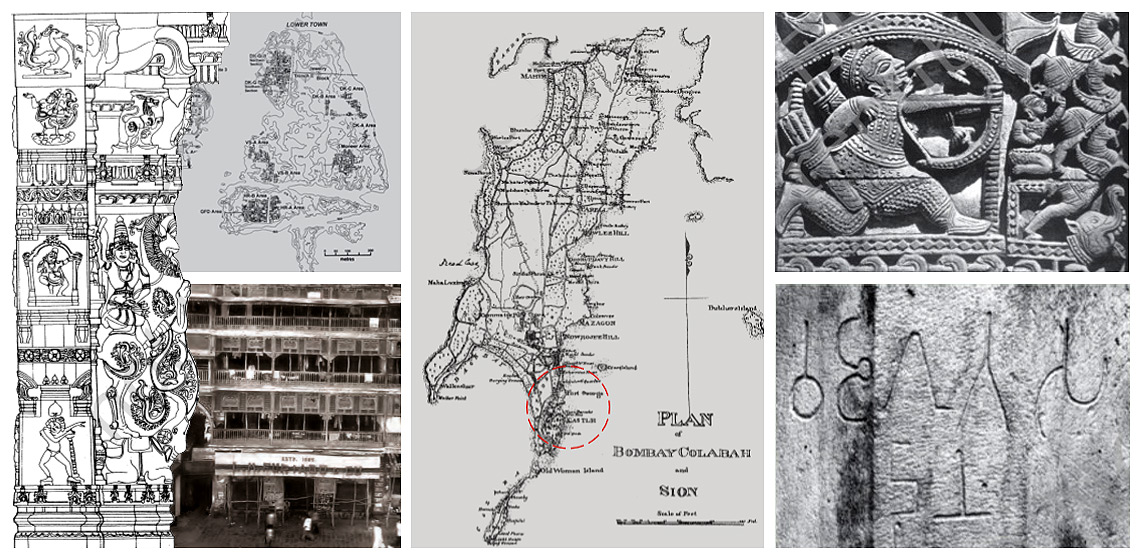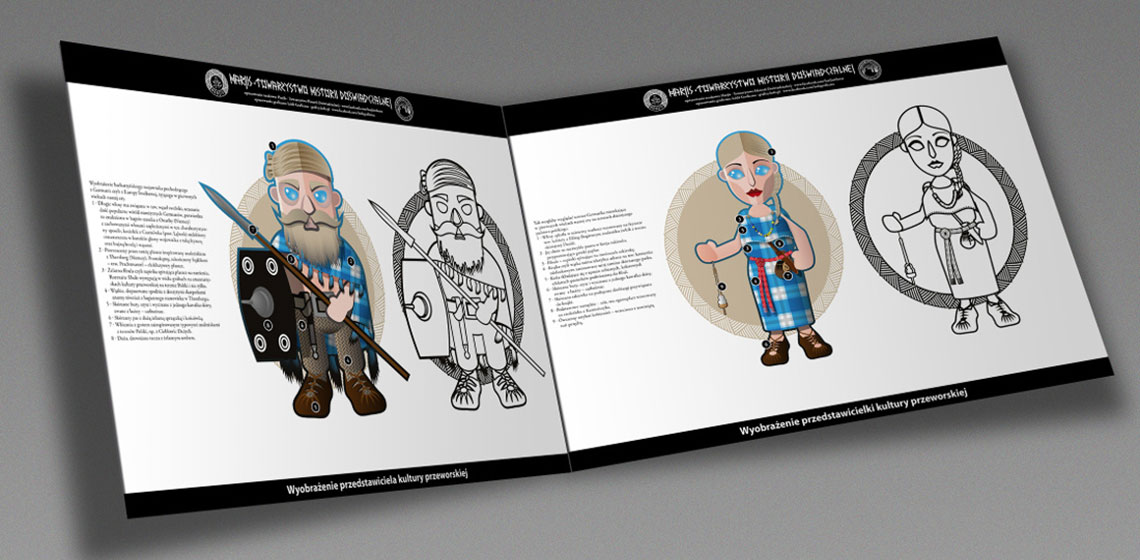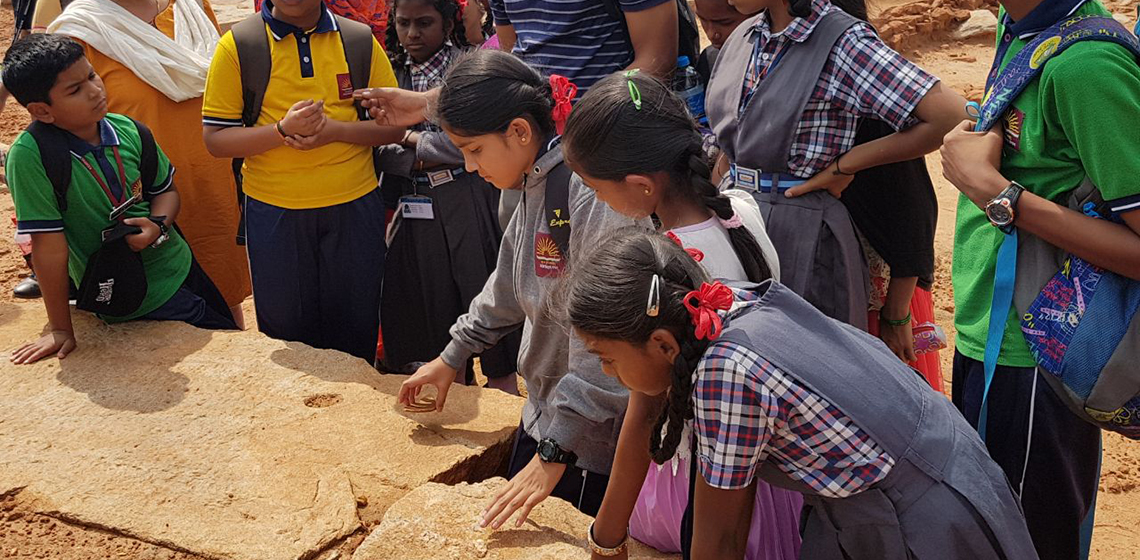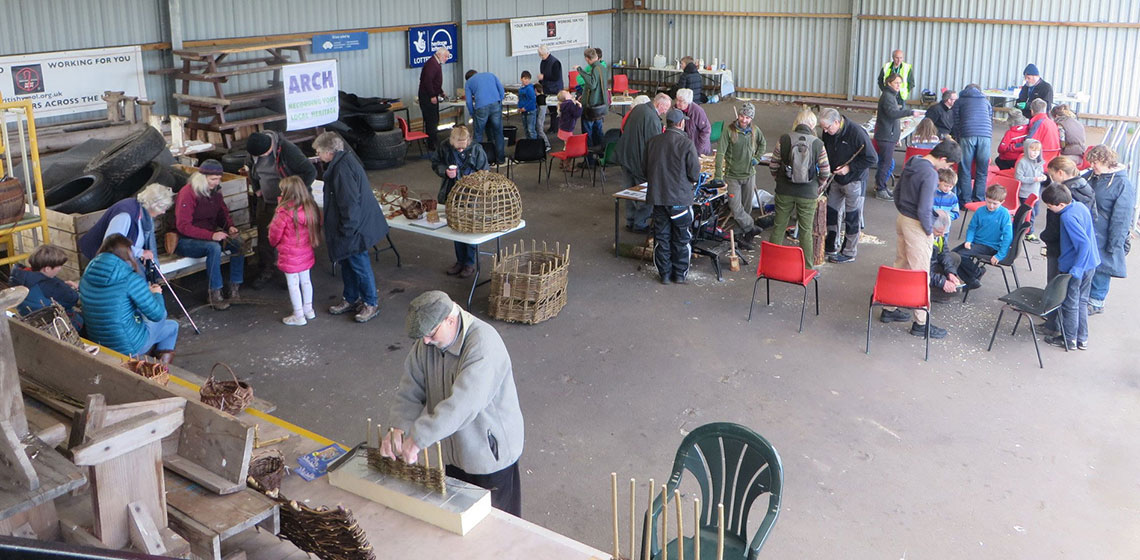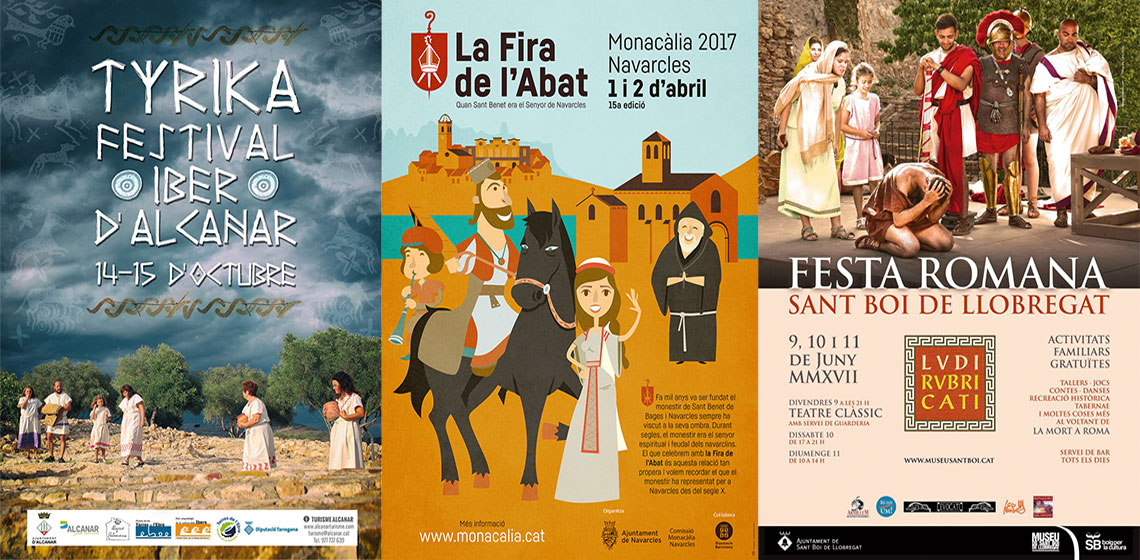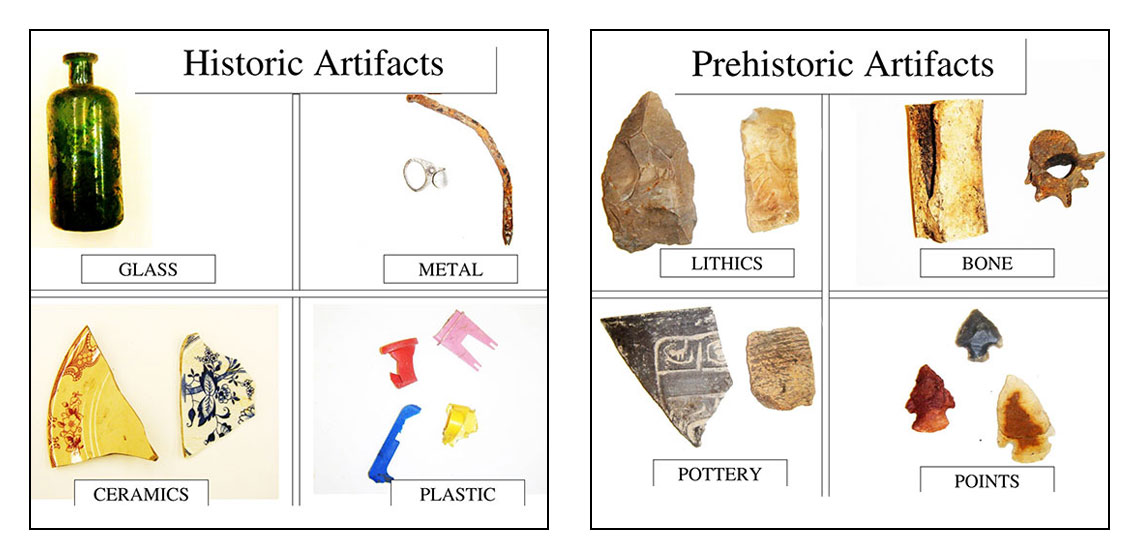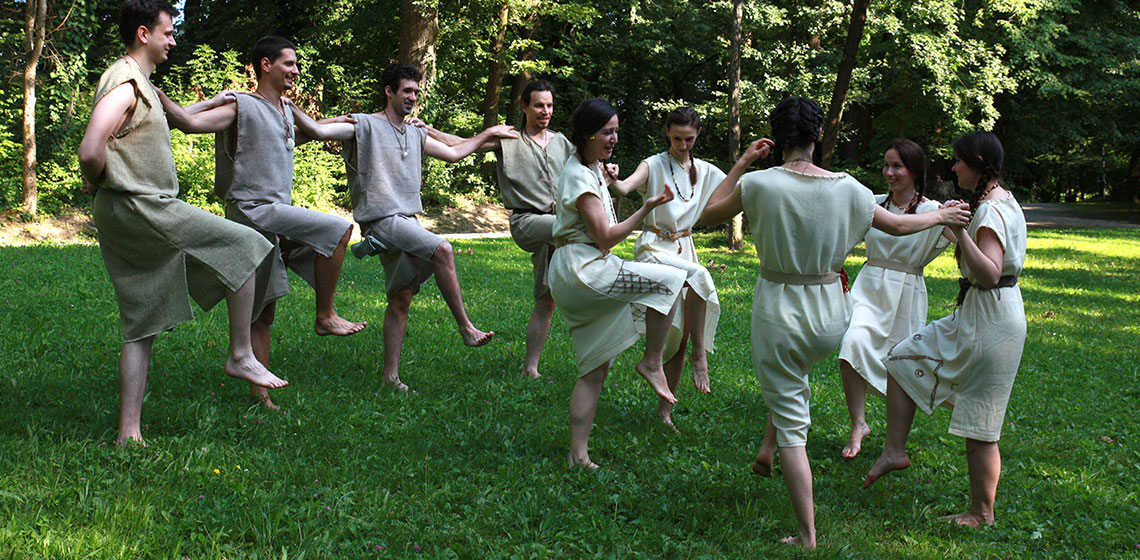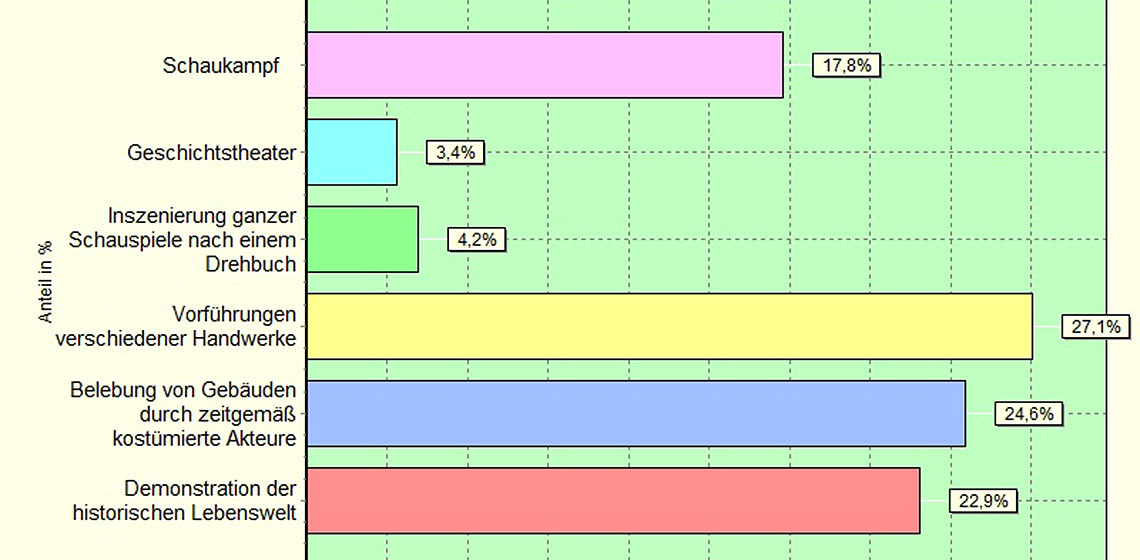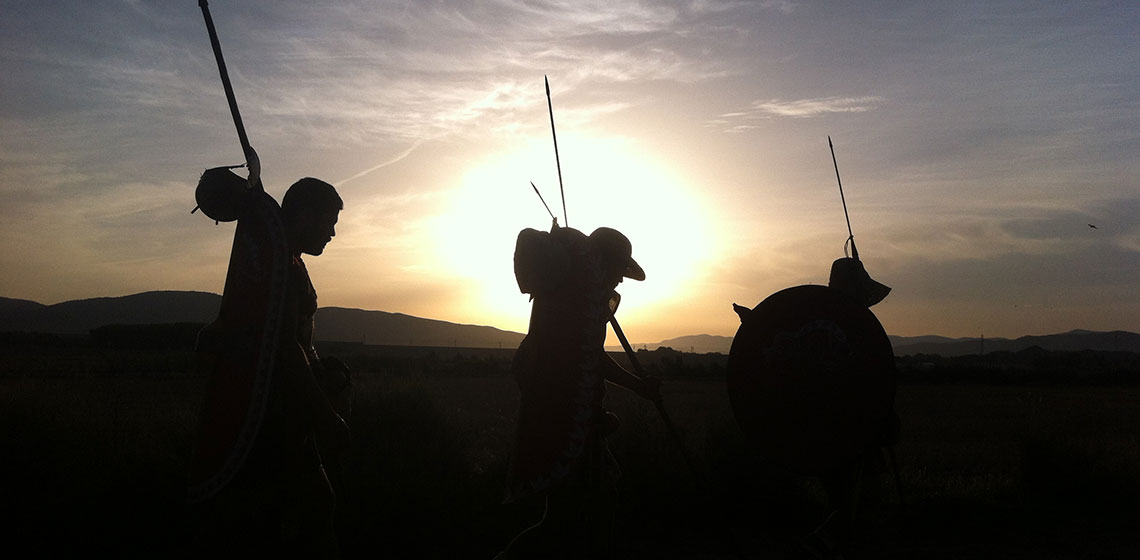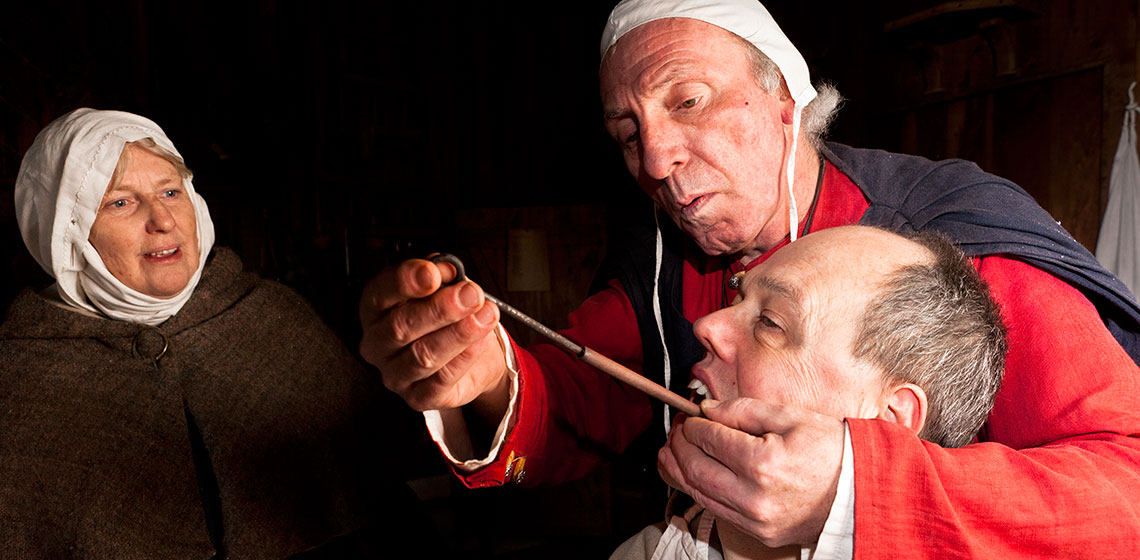Indian Students’ and Teachers’ Perceptions and Attitudes to Archaeological Content in History Textbooks
Introduction
It is well accepted that using real evidence/primary sources is an important criterion in the teaching and learning of history. The focus in classrooms in many parts of the world has already moved to using both primary and secondary sources instead of solely using school textbooks, which has made the teaching and learning of history much more useful, joyful, and productive. Archaeological remains form one of the most important of primary sources.

